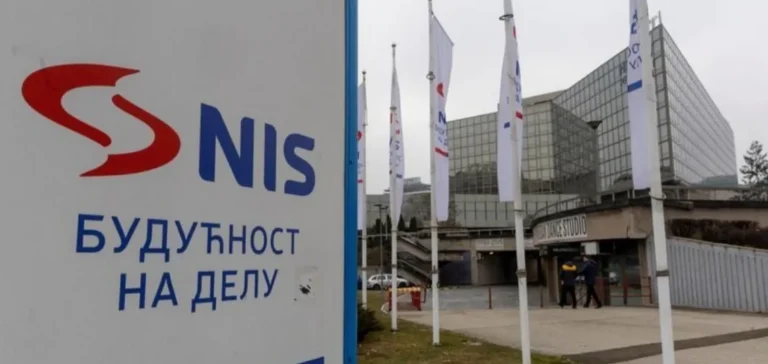The President of the Republic of Serbia, Aleksandar Vucic, said he had secured a one-week delay to the implementation of US sanctions against Naftna Industrija Srbije (NIS), the country’s main oil and gas operator. Initially scheduled to take effect on 1 October, the measures were postponed following negotiations between Serbian authorities and the United States.
NIS, majority controlled by Russian company Gazprom, operates Serbia’s only refinery and supplies around 80% of the national oil and gas market. The company has been targeted since January by sanctions adopted under the US energy strategy aimed at limiting revenue from the Russian hydrocarbons sector.
Growing pressure on Serbian energy infrastructure
Aleksandar Vucic announced the delay at a political gathering, stating that new proposals would be presented to US authorities and other partners in the coming days. “We spoke to them, and we obtained an eight-day postponement,” he told media in Obrenovac. Serbia’s public broadcaster said implementation could now occur around 8 or 9 October. The additional time is intended to allow Belgrade to continue diplomatic talks and prepare potential logistical and legal adjustments.
Economic impact risk without immediate disruption
Despite the risks cited, Aleksandar Vucic said citizens should not fear short-term shortages. He acknowledged that effective implementation of the sanctions could have significant consequences for the national economy, given NIS’s central position in the country’s energy system. Serbia remains one of the few European countries to maintain close ties with the Russian Federation since the 2022 invasion of Ukraine. The maintenance of these relations has placed Belgrade in a delicate position regarding international measures targeting the Russian energy sector.
A decision watched by regional partners
The temporary delay of sanctions against NIS comes amid regional tension, where energy issues intersect with geopolitical balances. Several neighbouring countries are monitoring the situation closely, as Serbia represents a strategic crossroads for hydrocarbon supply in the Western Balkans.






















